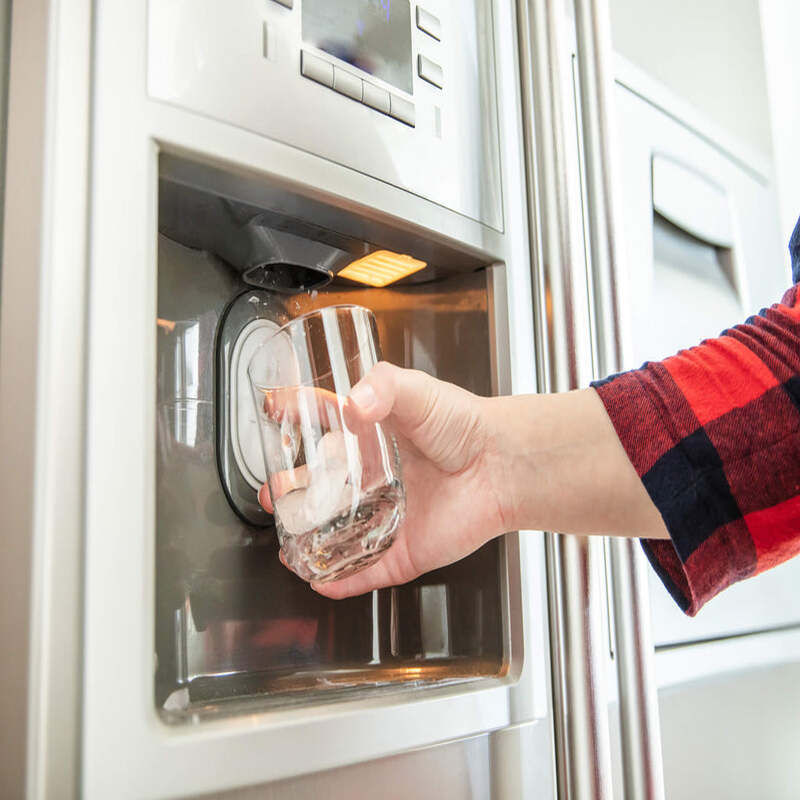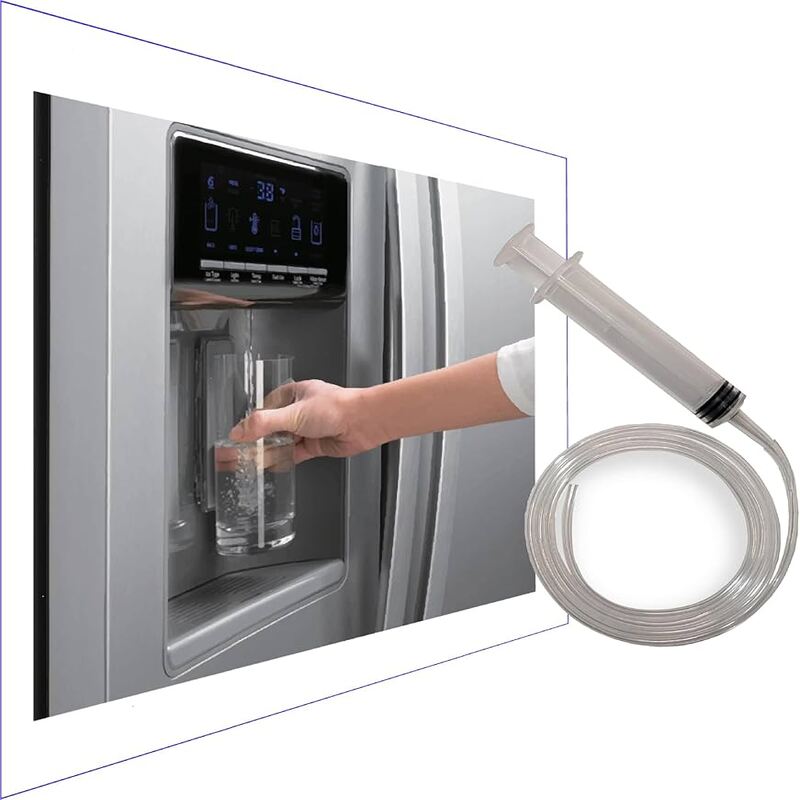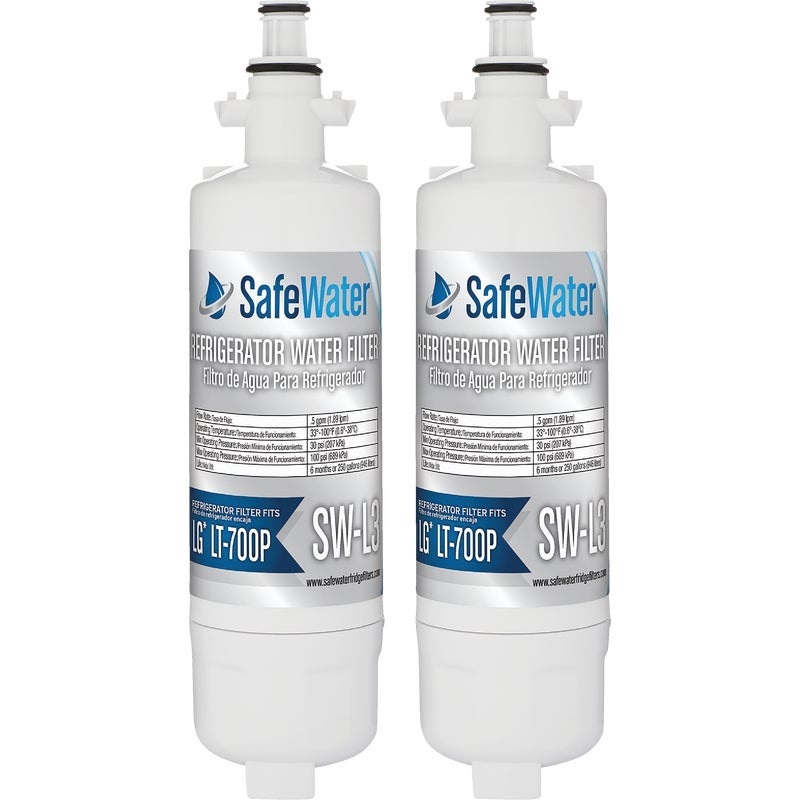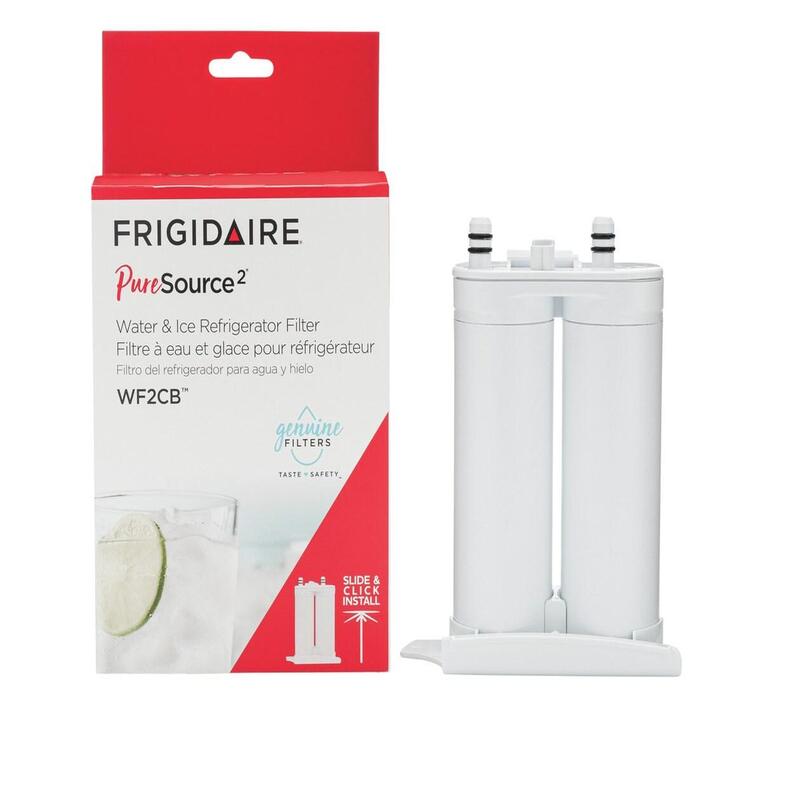When it comes to the modern kitchen, the refrigerator is one of our most relied-upon appliances. Among its many features, the ability to dispense chilled water adds a level of convenience that many of us enjoy daily. However, a common question arises: Is refrigerator water safe? In this article, we will dive deep into this topic, exploring the potential risks and benefits associated with drinking water straight from your refrigerator.

Understanding the Source: Is Refrigerator Water Safe?
When determining whether refrigerator water is safe to drink, several important factors should be considered:
- Understand the Source: Refrigerator water dispensers typically draw water from the home’s plumbing system. This means it is directly linked to the municipal water supply or a private well.
- Filtering Process: Most dispensers filter this water through a dedicated water filter. These filters are specifically designed to eliminate contaminants. They can effectively reduce substances like chlorine, lead, and other harmful elements that might be present in tap water.
- Filter Efficacy: The effectiveness of filters can differ significantly between various models and brands. It is crucial to research and choose the right filter for your refrigerator.
- Routine Filter Replacement: Regularly replacing the water filter is essential. Following the manufacturer’s recommendations will help maintain the filter’s efficiency. Neglecting this can lead to bacteria growth and increased contaminants.
- Regular Maintenance Checks: Beyond filter changes, it’s vital to conduct regular maintenance checks on the water supply system. Look for signs of leaks, clogs, or any unusual changes in water quality.
- Access to Safe Water: Taking these proactive steps not only ensures that the water you drink is convenient but also safe for consumption. Being vigilant about maintenance helps protect your health and well-being.
Potential Risks: Contaminants in Refrigerator Water
While the convenience of refrigerator water is undeniable, it is vital to consider the potential risks associated with using water from these dispensers. Even with advanced filtration systems in place, a variety of factors can compromise the safety of your water supply, including aging plumbing, malfunctioning filters, and inadequate maintenance practices. Below are some critical concerns to keep in mind:
- Lead Contamination: One of the most significant hazards is lead contamination, often caused by old plumbing pipes. If your home has outdated or corroded pipes, drinking water straight from your refrigerator could expose you to dangerous levels of lead. This exposure is especially harmful to children and pregnant women, as lead can adversely affect development and overall health.
- Bacterial Growth: A considerable downside to refrigerator water dispensers is the risk of bacterial growth. Stagnant water in the lines can become a breeding ground for harmful bacteria if the water isn’t dispensed frequently. Research indicates that bacteria can accumulate over time, posing a serious health risk.
- Filter Maintenance: Regularly replacing filters is crucial for ensuring the quality of your drinking water. Over time, filters can become clogged or ineffective, allowing contaminants to pass through.
Being informed about these risks is fundamental, but it is equally important to implement precautionary measures, such as regular maintenance and testing, to ensure safe drinking water and avoid these potential health issues altogether.

Water Filters: Are They Enough?
The effectiveness of water filters in ensuring refrigerator water safety is a critical factor that should not be overlooked. Many consumers operate under the assumption that any water filter will effectively remove all contaminants, yet this belief is often misguided.
Types of Filters:
- There are several types of water filters available, including activated carbon filters, reverse osmosis systems, and ultraviolet filters.
- Each of these filtration methods has its own advantages and disadvantages, making it essential to understand which type is best suited for your needs.
- In many refrigerators, activated carbon filters are used. While they are effective at improving taste and removing certain impurities, they may not adequately eliminate all bacteria or lead present in the water.
Testing Water Quality:
- Regular testing of water quality is crucial for determining whether the filter is performing its intended function effectively.
- Home testing kits are widely accessible and enable consumers to check for various contaminants, such as lead and bacteria, ensuring that their drinking water is safe.
Maintenance and Quality:
- Investing in high-quality filters is vital for optimal performance.
- Additionally, conducting regular maintenance and checks on your filtration system can further enhance the safety and quality of the water dispensed by your refrigerator.
- By prioritizing these factors, consumers can enjoy cleaner and safer drinking water directly from their fridge.
Benefits of Drinking Refrigerator Water
Understanding whether is refrigerator water safe to drink involves not just assessing potential risks, but also recognizing the numerous benefits it offers. Drinking cold, filtered water can enhance your health and improve your lifestyle in several ways:
- Enhanced Hydration: Cold water can be particularly motivating to drink, as many individuals find it refreshing and more enjoyable. Staying adequately hydrated is vital for various bodily functions, including facilitating digestion, maintaining cognitive performance, and bolstering the immune system. When water is cold, people are often more inclined to consume the amount their bodies need.
- Convenience: Having chilled water readily available at home means you don’t need to rely on purchasing bottled water. This practice is not only cost-effective—saving you money over time—but also environmentally friendly by reducing plastic waste. The convenience of having cold water on hand encourages individuals to choose water over sugary or high-calorie beverages, promoting healthier choices.
- Improved Flavor: Filtered water from the refrigerator often tastes better than tap water, as it is free from impurities and contaminants. This better taste can motivate greater water consumption.
- Encouragement of Healthy Habits: The accessibility of refrigerator water can help establish better hydration habits, encouraging family members and guests to prioritize their water intake throughout the day.
In conclusion, while it’s essential to confirm that refrigerator water is safe for consumption, the numerous advantages make it an excellent choice for daily hydration.

Best Practices for Ensuring Water Safety from Your Refrigerator
To confidently answer the question of is refrigerator water safe, it’s imperative to adopt best practices that can safeguard your drinking water, thereby minimizing risks.
- Regular Filter Maintenance: Change the refrigerator’s water filter at the intervals recommended by the manufacturer. This can typically range from every six months to a year, depending on usage and water quality.
- Routine Cleaning: Don’t forget to clean your refrigerator’s water dispenser regularly. This includes both external components and internal parts that may not get as much attention but can harbor bacteria.
- Monitor Water Changes: Any noticeable changes in taste, color, or odor of your refrigerator water could signal potential issues. Don’t hesitate to investigate or consult with a professional if problems arise.
By following these guidelines, you can substantially mitigate the risks associated with drinking water from your refrigerator.
Conclusion:
In conclusion, the question, is refrigerator water safe, can be answered positively if proper precautions and maintenance are observed. While concerns regarding contaminants and bacterial growth are valid, the benefits of having filtered, chilled water conveniently available at home can enhance one’s quality of life.
Ultimately, by understanding your water source, keeping up with maintenance, and implementing safety practices, you can enjoy the perks of refrigerator water while ensuring it remains safe for you and your family. So, go ahead and enjoy that refreshing drink, but always stay informed and proactive about maintaining the safety of your water supply.




